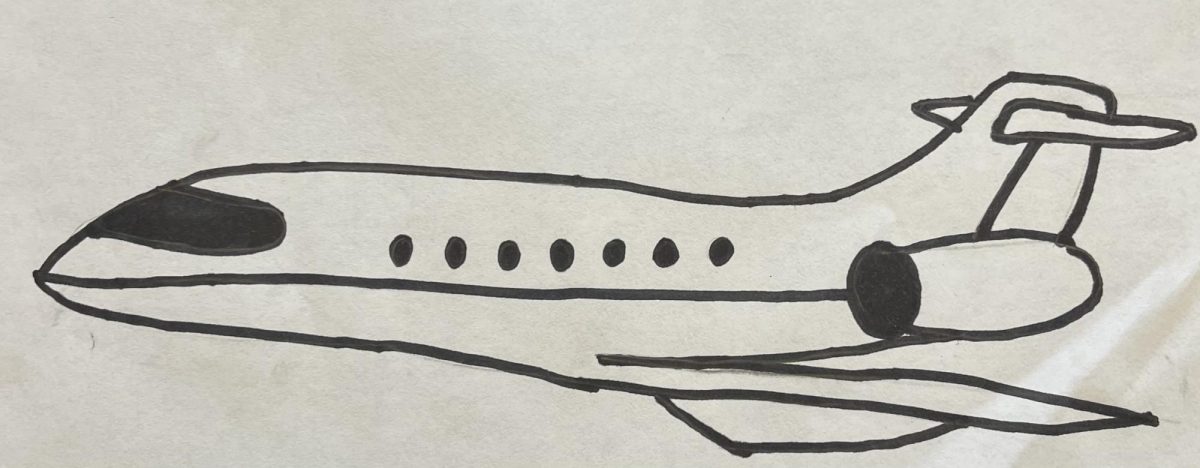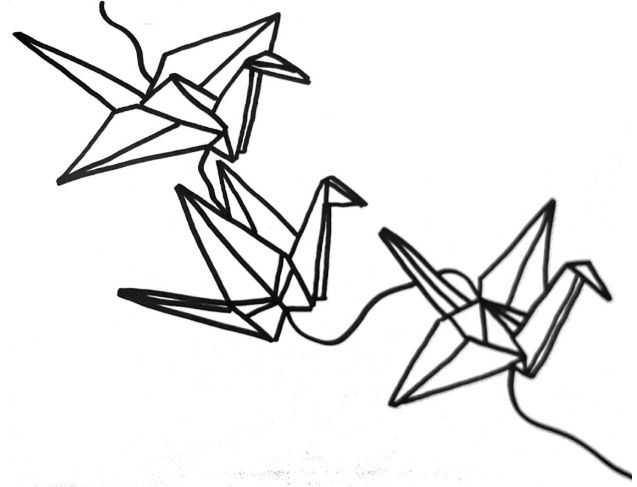On the morning of January 6, 2025, Justin Trudeau, the Prime Minister of Canada and leader of the Liberal Party of Canada announced his resignation from both offices. Having held the Prime Ministership for nine years and party leadership status for eleven, the past years have seen rising pressure for his resignation amid a slew of political crises and controversy. Since 2022, Trudeau’s approval rating has declined to a historic low of 22%. As of now, Trudeau has declared the suspension of parliament until a new leader for the Liberal Party can be elected by March. In deep contrast, Pierre Poilievre and the Conservatives have been cruising on a comfortable lead over the Liberal Party and are projected to win the election in a landslide after ten years of Liberal rule. As Mr. King called it, Canadians want a “breath of fresh air.”
Though much of what was just said may sound alien to the average American, the Canadian political landscape is more similar than it is different.
The Canadian Parliament is the federal law-making body. Like the U.S. Congress, it’s split into two chambers. A key member of parliament is the prime minister. The prime minister isn’t elected but instead is the leader of the party that is elected to the most seats in the House of Commons, the lower chamber of parliament.
Besides electing a new leader for the Liberal Party, Trudeau suspended parliament to prevent an impending vote of no confidence by the Conservative Party and the New Democratic Party, a minor leftist party in parliament. If a no confidence vote would pass then the entirety of Parliament would fully dissolve and federal elections held, prompting a Conservative landslide.
No matter how soon, a Conservative government is inevitable. How they govern will matter more. Poilievre has framed himself as a populist champion and manufactured his popularity on social media. Poilievre’s major goals include cutting Trudeau’s carbon tax, social programs, reducing immigration, and “tough on crime” policy. Despite the parallels with Trump, Poilievre has pushed back against his threats of tariffs and annexation and voters view him as the best candidate to deal with Trump.
Pierre Poilievre and the Conservative Party are part of a larger wave of right-wing and far-right political parties grasping power across the Americas and Europe, who, despite all their differences, hold a shared position for restriction on immigration. How the Conservatives perform in the coming years will be what makes the difference between a government that Canadians wanted and one that simply rode the wave of dissatisfaction until they washed back up.








